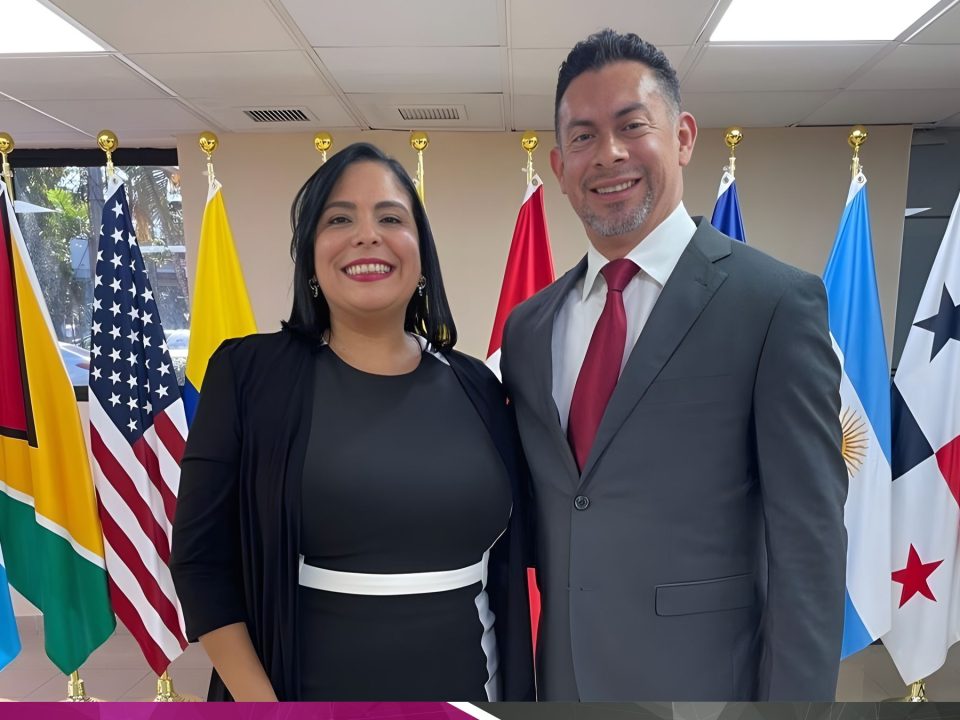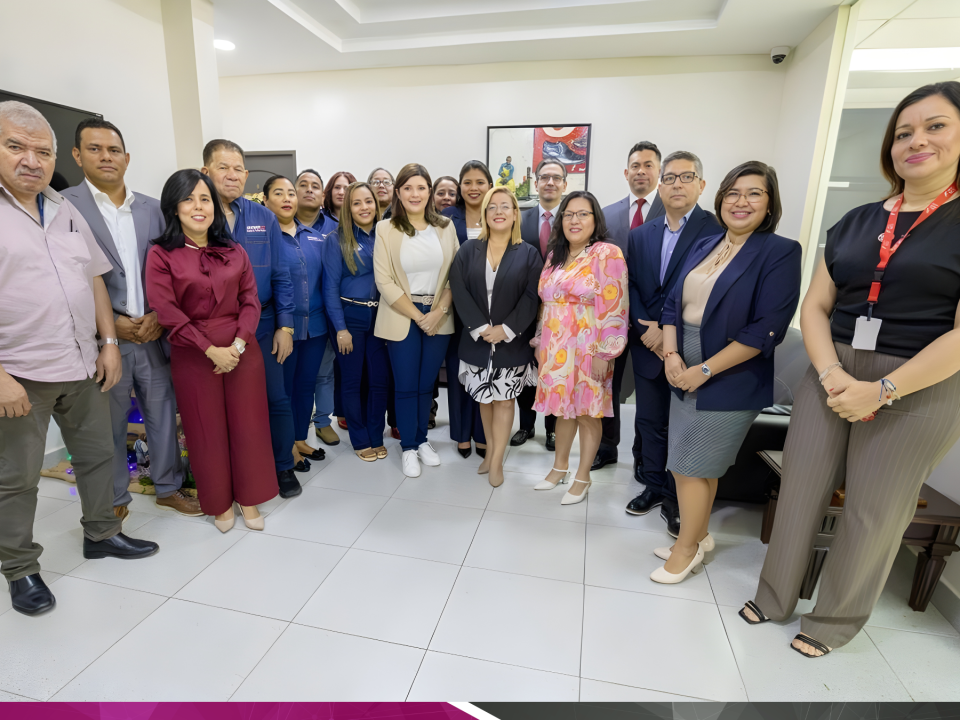
Icaza, González-Ruiz & Alemán advises AES Panama and AES Changuinola
23/09/2020
Teleworking Law Regulations
25/09/2020[vc_row][vc_column][vc_column_text]
 By Mariela I. de la Guardia Oteiza
By Mariela I. de la Guardia Oteiza
More than ten years ago, the Republic of Panama enacted and developed the special system for the establishment of Multinational Companies headquarters (SEM, for its acronym in Spanish), through Law 41 of 2007 (SEM Law), which grants a license which allows carrying out activities of management, accounting, logistics, finance, operations support, among other activities, for the benefit of subsidiaries and/or other companies of the multinational group. Through this law, Multinational Companies and their foreign employees can receive immigration, labor, and tax benefits.
Currently, there are 160 multinational companies established in Panama with a SEM license, which have generated more than 7,000 jobs and almost US$1.2 billion in investment.
To become a more competitive and appealing country for direct foreign investment, which is necessary for the economic and social development of the country, and given the success of the SEM system as well as the need for multinational companies to carry out manufacturing activities, Law 159 of August 31, 2020, was enacted. Said law creates the Special System for the Establishment and Operation of Multinational Companies for the Provision of Services Related to Manufacturing, best known as EMMA Law or EMMA license.
Based on the benefits of the SEM Law, the EMMA Law allows multinationals to render the following services to their business group:
- The manufacture of products, machinery, and equipment.
- Assembly of products, machinery, and equipment.
- Maintenance and repair of products, machinery, and equipment.
- Refurbishment of products, machinery, and equipment.
- Conditioning of products.
- Product development, research, or innovation of existing products or processes.
- Analysis, laboratory, testing, or other manufacturing related.
- Logistics such as storage, deployment, and distribution center of components or parts.
- Any other similar service.
This law even allows multinational companies established under the SEM license to apply for the EMMA license without filing a new application. The documents and information would be reviewed to expedite the procedure.

The law provides that the Panamanian labor force must be trained, so technical education centers will be created in
order to have qualified personnel to fill the jobs which will be required by the multinational companies to be established under the EMMA system.
Companies with an EMMA license will be subject to a special tax system, under which (i) they will only have to pay the net taxable income for the services rendered at a rate of 5%; (ii) no Transfer of Movable Personal Property and the Rendering of Services Tax (ITBMS or VAT in other countries) will be caused as long as the services are rendered to persons who do not generate taxable income in Panama; (iii) will be exempted from dividend tax, supplementary tax and tax on branches; (iv) will not be subject to the use of tax equipment and will not be required to obtain a Notice of Operations (equivalent to a business license in other countries).
They are also exempted from any tax, encumbrance, fee, or import duty on any type or class of merchandise, goods, equipment, and other goods for the performance of the service.
The EMMA license grants immigration benefits, such as temporary and permanent visas, to foreign personnel working for the multinational company and its dependents. After five (5) years have elapsed since the approval of the first permanent personnel visa, foreign employees may opt for permanent residence in Panama.
Among the labor benefits, the company with an EMMA license will be able to hire employees to fill senior and middle management positions. It also allows dependents of its foreign employees with temporary or permanent visas to work in Panama.
Furthermore, the EMMA Law grants legal stability of the investments to companies established under this regime, guaranteeing that for 10 years, the company shall enjoy the same tax and legal system as it did at the time of obtaining the EMMA license. That is, in the event of new legal provisions that may vary the acquired rights and tax obligations at the time of obtaining your license, these will not be affected.
If we consider the benefits granted by the EMMA Law, our country provides other intangible benefits as added value which makes it a center to attract investments, such as our privileged geographical position, the connectivity throughout the continent by means of the Hub of the Americas, logistic facilities, the proximity between both oceans and the Panama Canal. We cannot fail to mention the advantages in terms of telecommunications since seven fiber optic cables converge in Panama, and it has a first-class telematic infrastructure. Also, we have a convenient time zone for the most important shopping centers in the continent. Moreover, with the use of the dollar, economic stability is created with much lower inflation rates compared to the currencies of other Latin American countries. In addition to the aforementioned, Panama is a politically stable country, which has enjoyed more than 30 years of alternation in government.
We are confident that the success of the SEM Law will be replicated in the new system of the EMMA Law in order to develop services related to manufacturing in our country.
[/vc_column_text][/vc_column][/vc_row]








